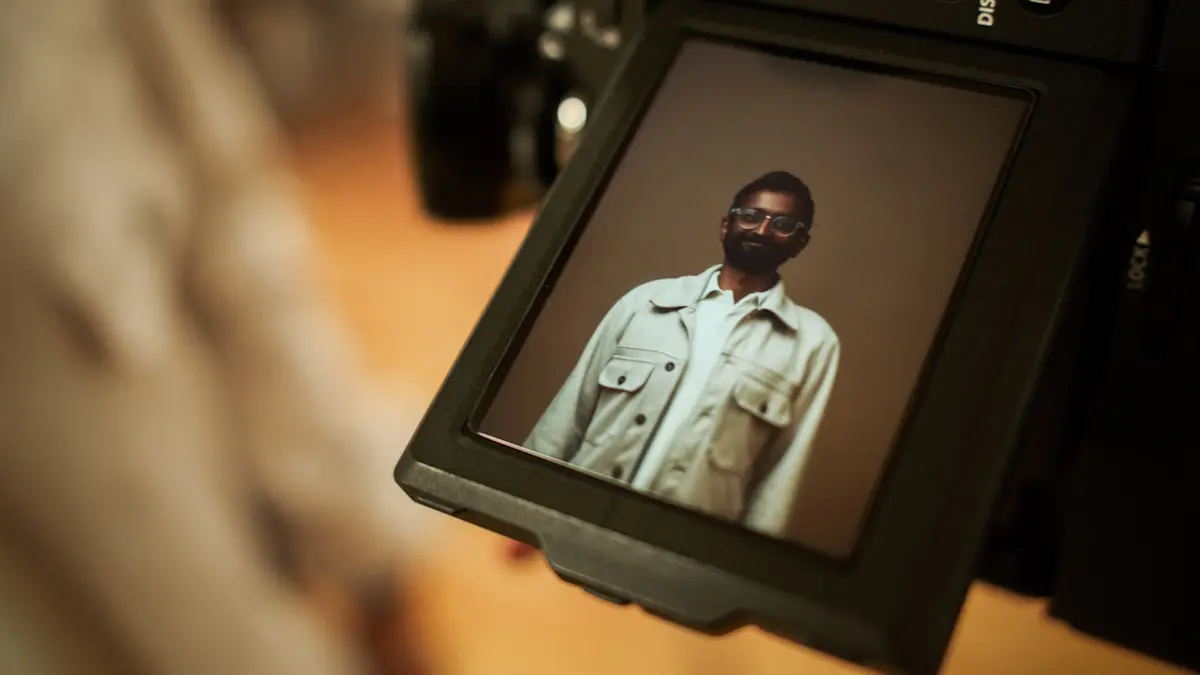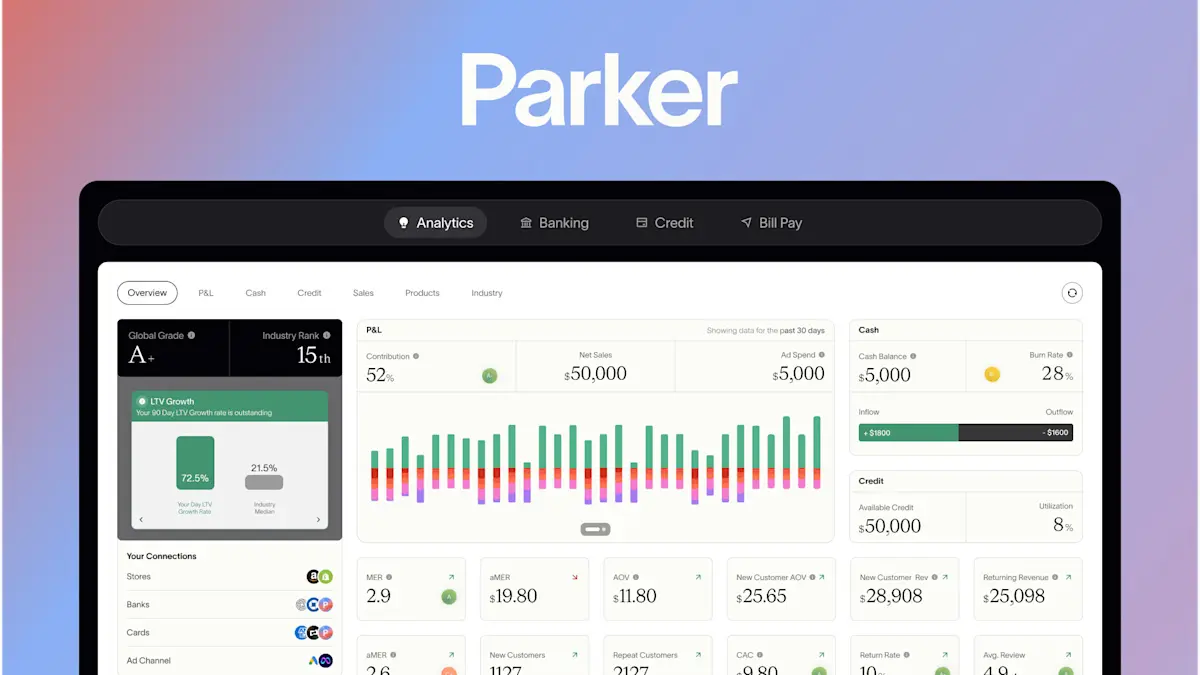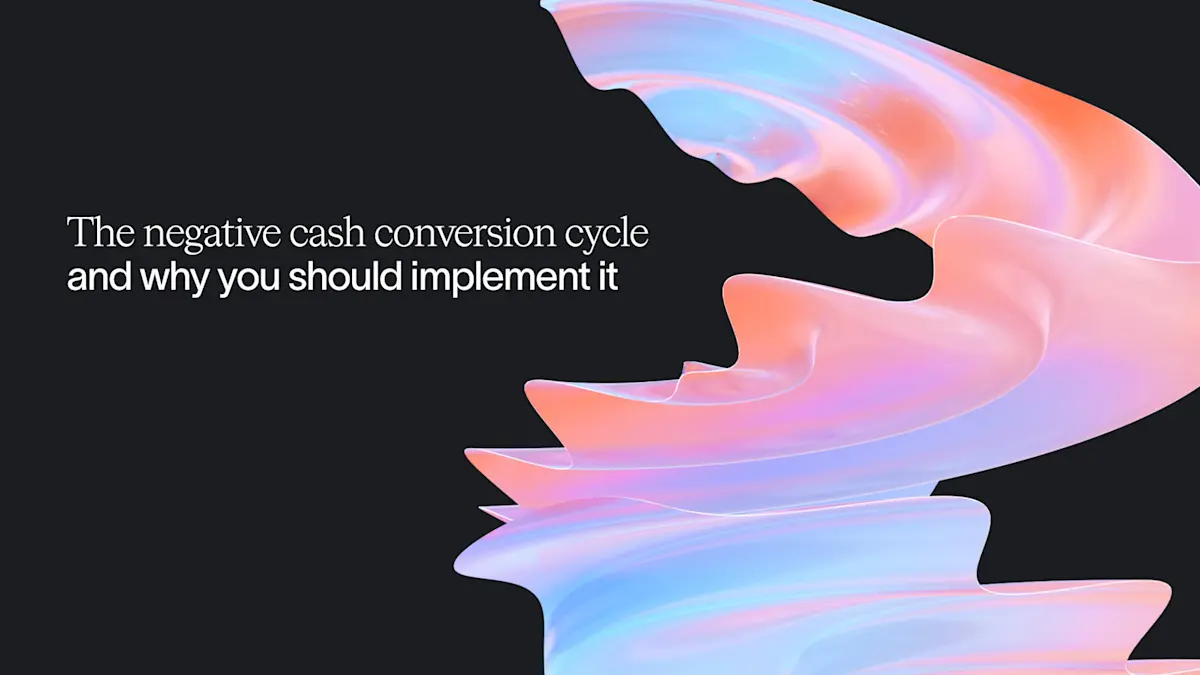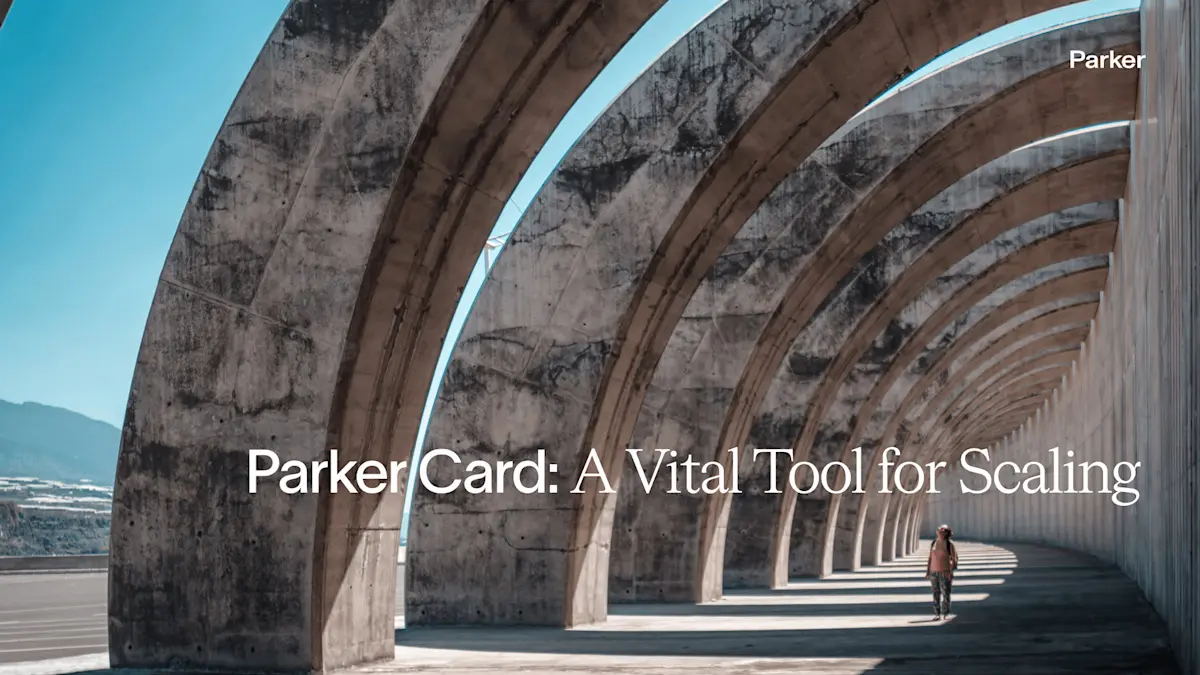Why Founders Need Recovery, Not Relaxation

As the co-founder of a fast-growing fintech (Parker), I’ve experienced my fair share of burnout.
Like most ambitious people, I assumed being tired and overworked just came with the territory. To unwind, I tried all the usual things: Netflix binges, scrolling social media, hanging out with friends. But no matter what I did, the exhaustion always came creeping back.
It wasn't until I discovered the critical difference between relaxation and recovery that I started to get a handle on managing my energy and focus at work. Below is what I wish I’d known sooner.
Most of us are trapped in fight-or-flight mode
Leading a startup means constantly context switching between a million different tasks: hiring, fundraising, product development, putting out fires. There's no off switch. Even when I'd get home after a 12-hour day, I'd jump right back in, strategizing with my co-founder Yacine about how to tackle the next set of challenges.
Chronic stress like this is the norm in the startup world. We're always on, always hustling, barely coming up for air. If we're lucky, we might squeeze in a few hours of sleep each night—but even that's not enough to counter the toll this lifestyle takes on our minds and bodies.
Why is sleep so important? It’s the only time our brains can flush out the toxic byproducts of neural activity that accumulate during the day. While the rest of your body is able to eliminate cellular waste through normal excretion processes, your brain relies on a different mechanism. During deep sleep, cerebrospinal fluid flushes from your spine into your brain, attaching to the waste produced by your brain cells and clearing it out. It's like a deep cleaning for your mind. Skip it too often and you end up running on fumes, even if you don't feel it right away.
And for a lot of us, even a solid 8 hours isn't enough to undo the effects of chronic stress. Our bodies don’t have enough time to recover.
Self-medicating with entertainment won’t help you recover
When I first started noticing the telltale signs of burnout—brain fog, apathy, irritability—I did what most founders do. I tried to take more "breaks." I'd waste time on Twitter, watch some YouTube during lunch, veg out with Netflix after work while eating my favorite foods. I told myself this was going to stop the burnout. I just needed to “relax”, take my mind off work.
But those momentary distractions weren't actually helping me recharge. They gave me a temporary numbing effect, sure, but as soon as I closed the app or turned off the TV, the crushing exhaustion of reality would set back in. Ignoring the problem wasn't making it go away.
As the weeks turned into months, my passion for my work started to evaporate. The startup I'd poured my heart into began to feel like prison. I was caught in a vicious cycle - too stressed to be productive, then stressed about how unproductive I'd become. Something had to give.
How I found a better way to recover
The turning point came after a 4-day retreat that my co-founder Yacine had recommended and signed me up for a few months prior. It was a full digital detox, no technology, just meditation, cold plunges, nature, hiking, and great food. And in the span of just four days, I could feel my energy and focus coming back online.
This was in stark contrast to my recent trip to India, where I spent three weeks visiting family and traveling from town to town. Despite the longer break, I came back to New York feeling even more exhausted than before. I was dumbfounded. I had just taken a vacation, so why didn't I feel recovered?
The difference between those two experiences was eye-opening. The retreat in California, with its focused practices and restorative environment, had given me the same level of recovery in a fraction of the time as my usual trips to India. That’s when it clicked.
The "relaxation" I'd been doing—the Netflix, social media and video games—wasn't actually helping me recover from the stresses of startup life. If anything, it was making me more anxious and depleted. What I needed was to actively engage my body's recovery response—the physiological opposite of the fight-or-flight mode I was chronically stuck in.
The more I looked into it, the more I learned about the power of breathwork, meditation, exercise, cold exposure, and time in nature to activate the parasympathetic nervous system, switching the body from stress mode into recovery mode. It's like a cheat code for accessing the restorative benefits of deep sleep while you’re awake.
Small habits, big shifts
I started incorporating more of these restorative practices into my weekly routine, taking a day each week to do what I call “parasympathetic cycles” for the majority of the day. Breathing exercises, quiet walks in nature, mindfulness meditation. To my surprise, I quickly noticed a boost in my focus and output during the workday. I was getting more done in less time, with less stress. This new practice gives me a mini vacation every week with the same effect of a 3-week vacation to India. Huge hack.
We've also started weaving this philosophy into the culture at Parker. For example, we have a #compound-daily channel in Slack where the team posts one thing they do every day to compound themselves outside of work. These activities tend to be exercise, breathwork, sauna + cold plunge sessions or meditation-related—activities that emphasize the importance of recovery in our culture. We encourage our team to prioritize sleep, take mindfulness breaks throughout the day, and get out in nature when they can.
We're still a fast-paced startup with plenty of late nights and high-pressure sprints, but by treating recovery as essential rather than optional, we're able to sustain high performance without burning out.
Here's the core insight: stress is an unavoidable part of life. It's what allows us to grow, adapt, and rise to meet big challenges. The key is having effective methods for processing that stress, so it doesn't leave you chronically drained.
In my experience, the practices that truly move the needle are the ones that get us out of our heads and into our bodies and our environment. It may feel like mindless scrolling or an hour of Netflix will help clear the mind, but that’s an illusion. In reality, a cold plunge or an intense breathwork session is what truly clears the mind. These practices force us to be present, confront discomfort, and to regulate our mental state in a way that passive consumption can’t.
So, my advice: start taking these mini vacations once a week and pick one small practice and commit to it daily, even if it's just a few minutes. Notice the impact on your energy, your clarity, your ability to completely avoid burnout. Build up from there. Because your greatest asset isn't your time or your network or even your product—it's your capacity to keep showing up with resilience, day after day.
Related Articles
Ready to Join the Financial Revolution?





